Laughter and tears
It’s being so miserable ‘as keeps me happy! I think it was Tommy Handley’s Mrs. Mopp in ITMA who used that that particular catchphrase, though she was better known for her other saying: Can I do you now, Sir! That was back in the days when radio ruled the airwaves.
Laughter and tears seem to sum up what the British are all about. We’re a grumpy lot, that’s for sure, though at the same time we like a giggle. The huge success of Tony Hancock and Victor Meldrew has always revolved around them moaning and the rest of us laughing.
My philosophy in life is to expect the worst, but hope for the best. If everything goes wrong, I can have a good moan about it and tell the missus: “I told you so.” If it all comes up smelling of roses then we can have a good laugh.
In the USA, land of smiley badges and wishing everyone a nice day, even the Americans are now recognising that looking on the bright side can do more harm than good. With their addiction to psycho-babble, they’ve discovered “defensive pessimism” and “constructive negativity.”
In simple terms, they mean we should consider a glass half empty rather than half full, the exact opposite of what the “How to succeed” guide books have been preaching for years.
Dr. James Pennebaker, professor of psychology at the University of Texas, says he found evidence in a study that it isn’t healthy for people to be falsely upbeat and chipper. His colleague, Dr. Barbara Held, adds: “I’m worried that we are not making space for people to feel bad.” She says it’s harder to cope with difficulties if you make out everything is okay when it isn’t.
The way we speak could make a difference to the way we feel. Another American academic, Professor David Myers of Michigan University, reckons muscle movement affects our facial expressions. The English-speaking nations say “e” and “ah” quite a lot, which activates the smiling muscles in the face. Presumably all we have to do to be happy is say “Eeee!”
By contrast, the poor Germans get it in the neck. According to the learned professor, they tend to be grumpy and lacking in humour because their guttural language makes them frown and look glum. Think of achtung, uber or funf.
Be that as it may, we need to find room for laughter even when down and pessimistic. That’s why I never watch East Enders. It may be highly successful, but I find it far too heavy with its emphasis on violent death, marital discord, drugs and dirty deeds. A bunch of Londoners in all kinds of trouble and barely a laugh between them. It just isn’t possible. Coming from Hackney Wick, I should know.
Really it all boils down to the Cockney who is knocked over by a motor bike. His mate goes to see him in hospital and is shocked to find him swathed in bandages and in traction with several broken limbs. “My God, look at the state of you,” he says. “Does it hurt?”
“Only when I larf,” says his pal. Now that’s what I call Cockney humour.
It’s been good talking to you – I’ll be back in this spot soon.
Copyright © 2000 Derek Jameson / Retirement Matters Ltd. All rights reserved


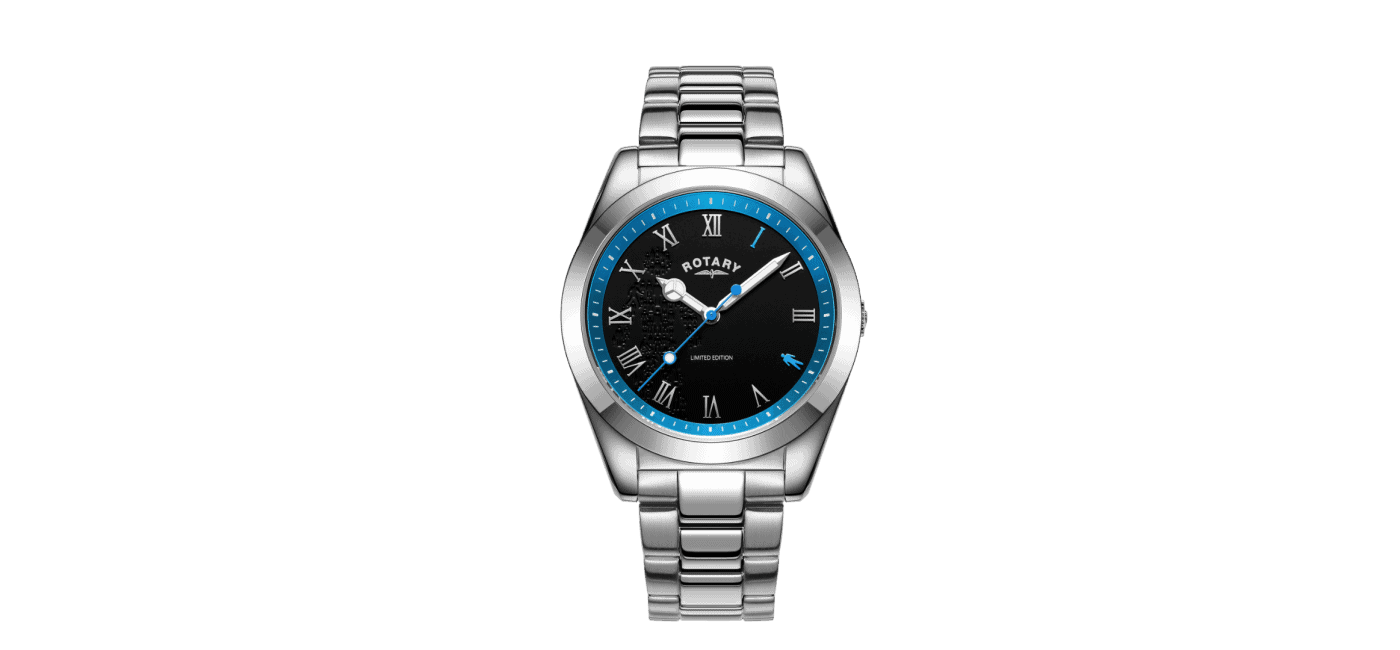

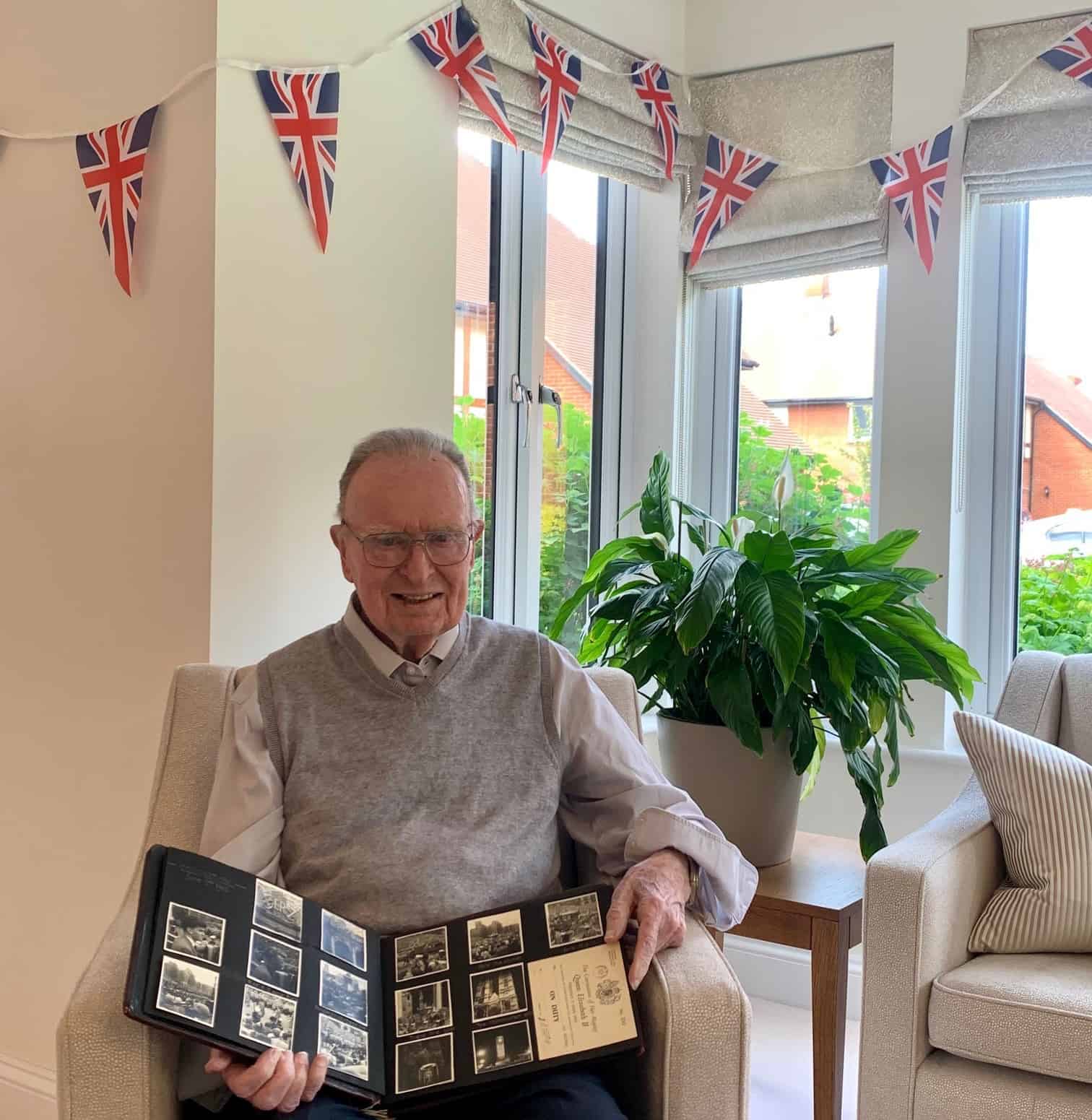






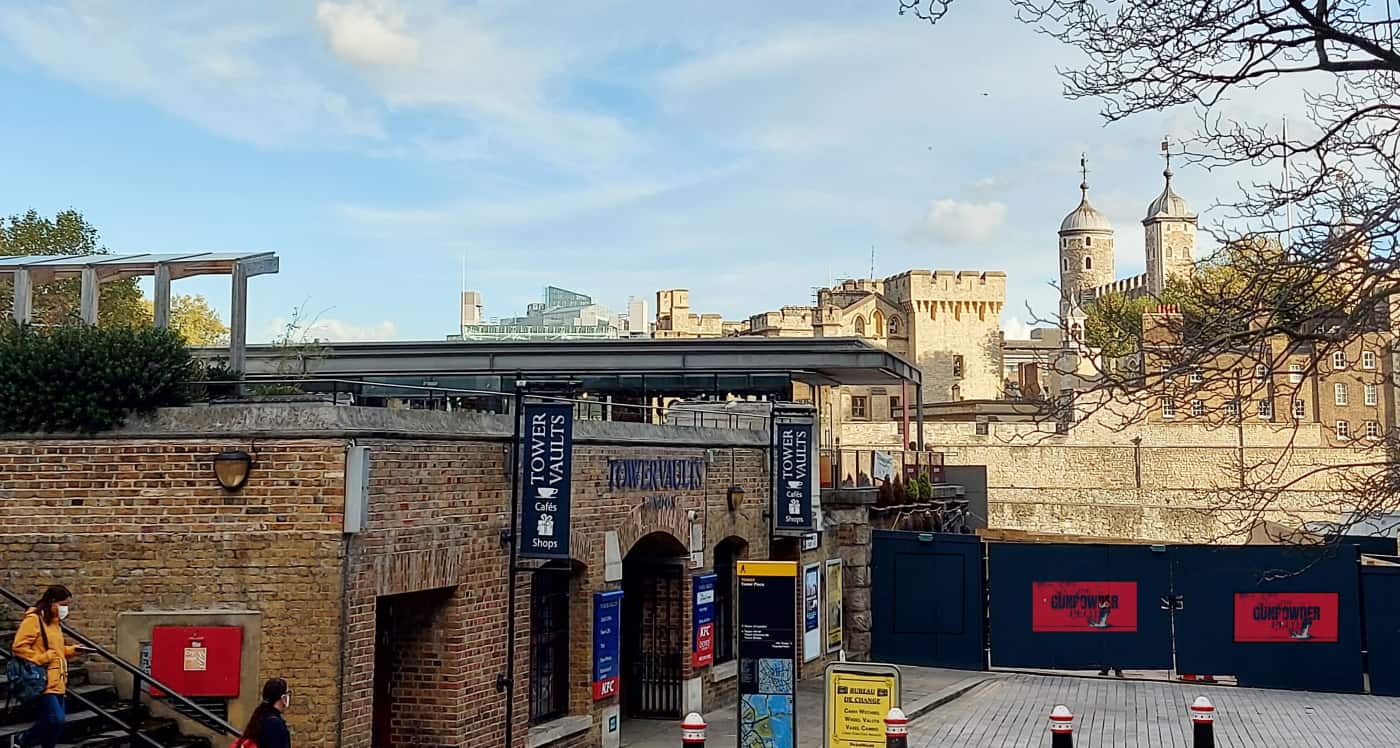
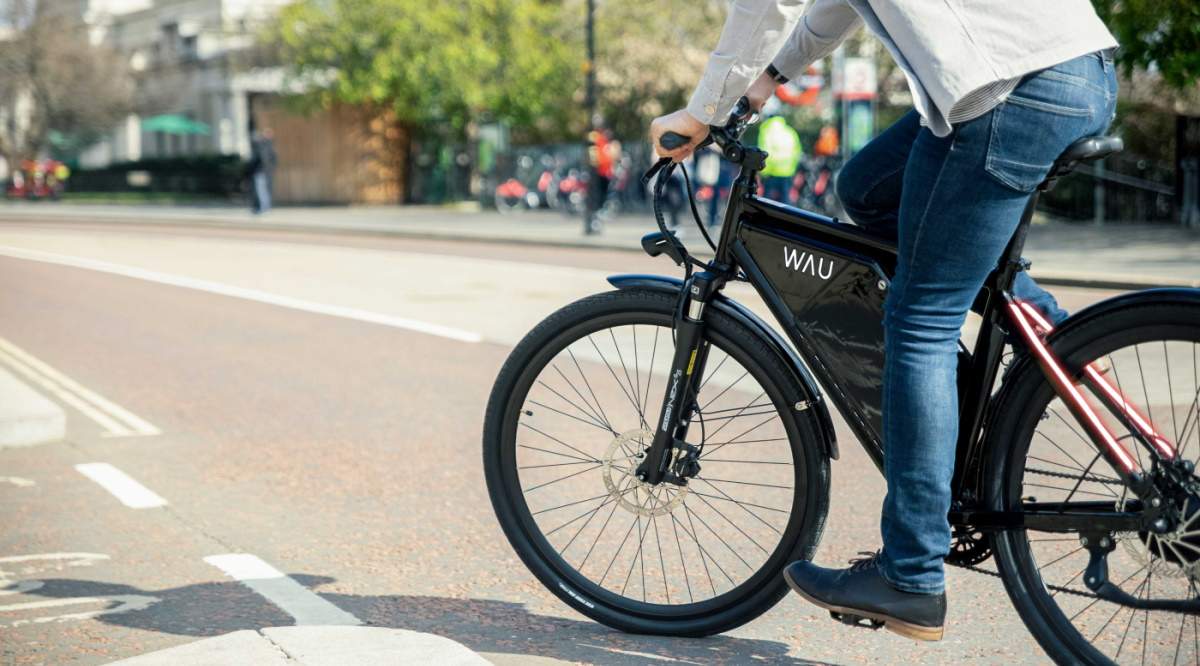





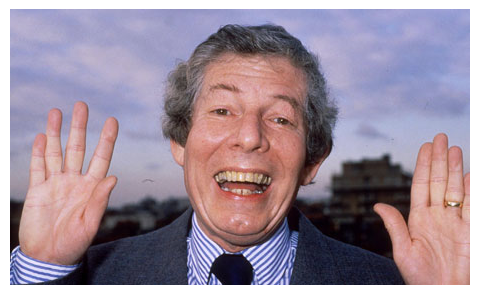


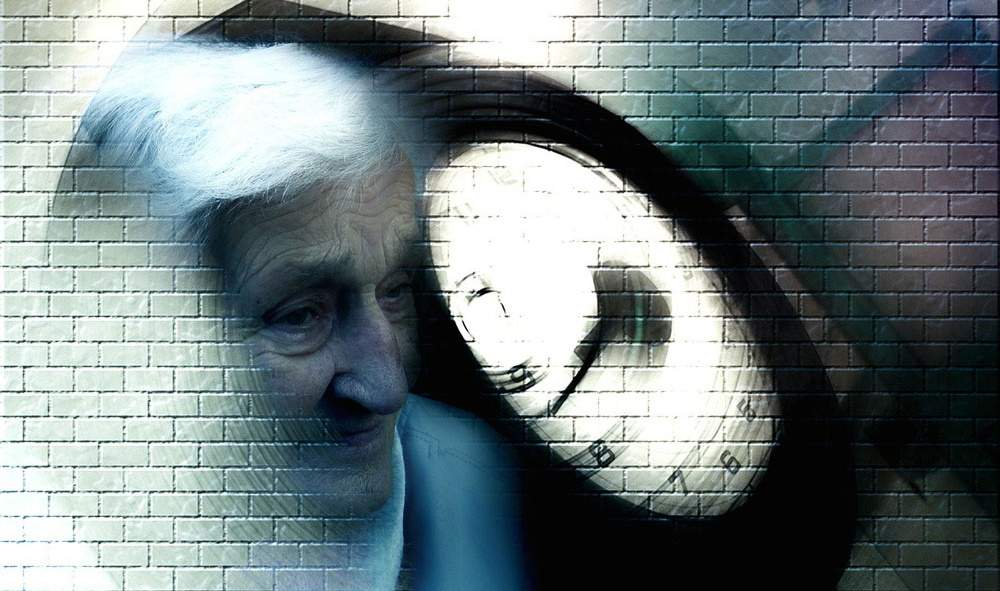


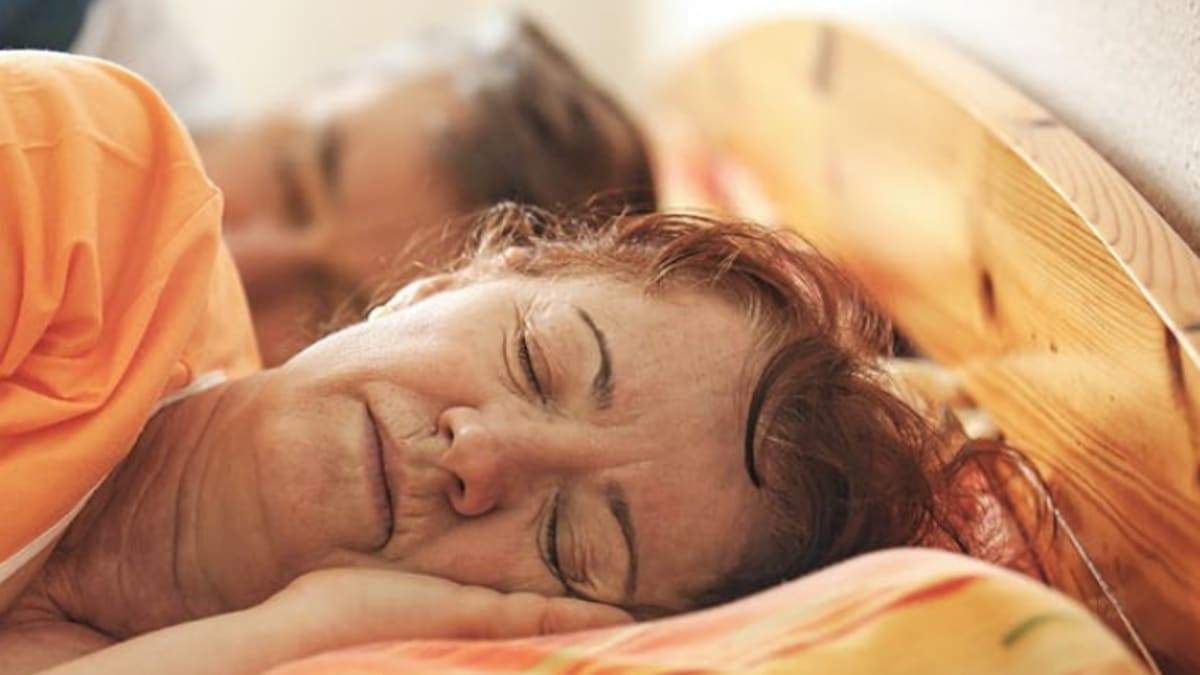



Add Comment